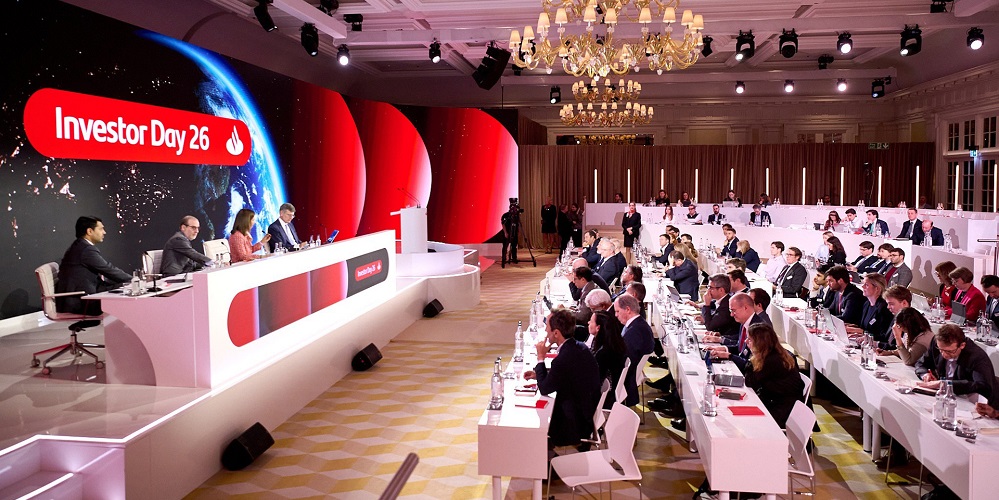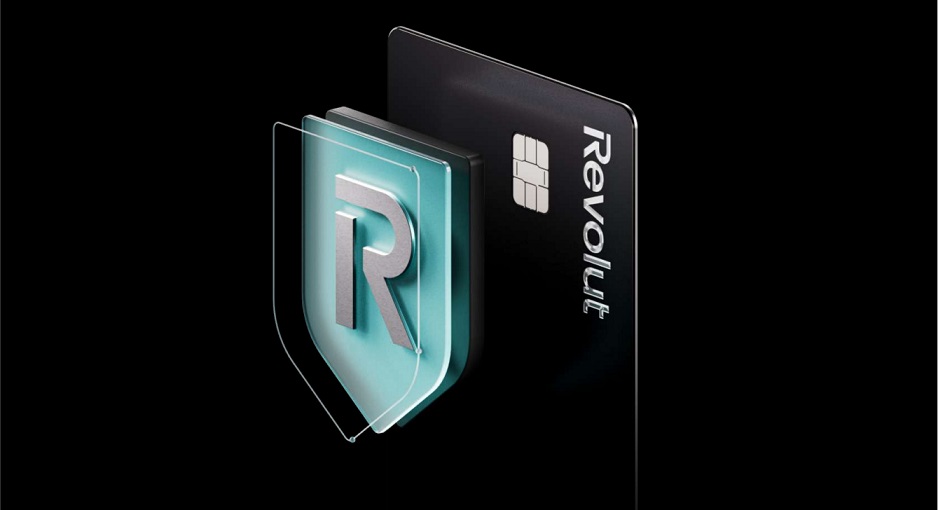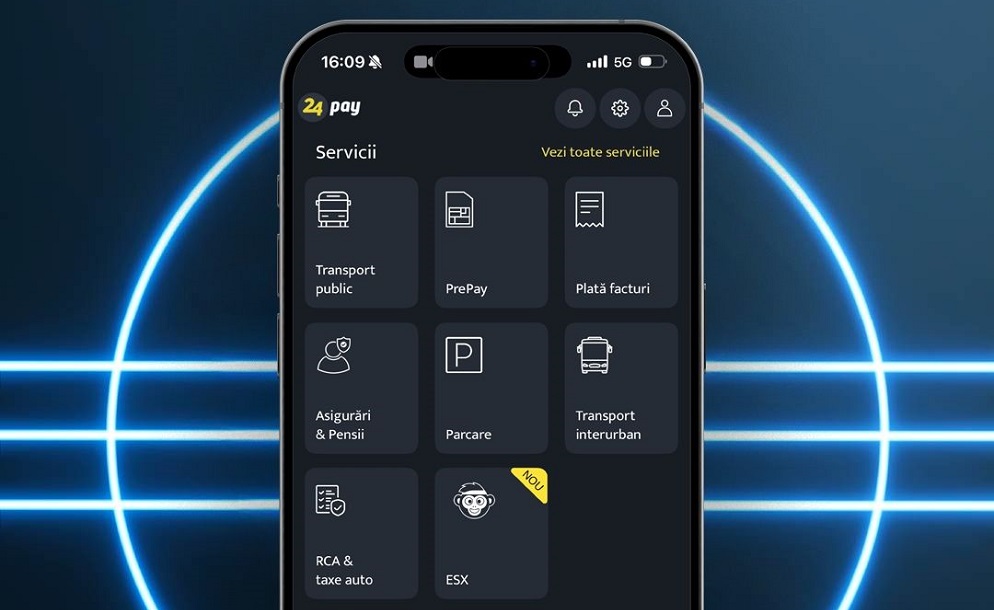Robocall fraud to cost consumers $40 billion globally in 2022

In most robocall fraud cases, fraudsters impersonate a genuine brand or enterprise to gain the call recipient’s trust.
A new study from Juniper Research has found that consumers will lose $40 billion to fraudulent robocalls globally in 2022; rising from $31 billion in 2021. Fraudulent robocalls pose threats to consumers by encouraging the disclosure of personal information that fraudsters can use for identity theft.
The new study, Robocall Mitigation: Emerging Strategies, Competitor Leaderboard & Market Forecasts 2021-2026, predicts that emerging mitigation frameworks will combat fraudulent robocalls by creating an ecosystem in which brands and enterprises are verified before the call is placed. However, it noted that standardising services across all stakeholders, including mobile operators, brands and mobile operating system developers, will be essential to creating a service that mitigates fraud in real-time.
For more insights, download our free whitepaper: Robocall: The $40 Billion Threat
Brand Authentication Frameworks Need Standardisation
The report identified brand authentication technologies as a critical element of these frameworks. Brand authentication services provide mobile subscribers with information on the smartphone screen before the call has been answered, including the verified identity of the enterprise calling and the purpose for the call.
To maximise the benefit of these frameworks, creating an ecosystem that enables enterprises to be verified by a third party will be essential to re-establish trust in mobile voice as a communications channel. Research co-author Charles Bowman remarked: “Even if the fraudulent attempt is unsuccessful, subscribers will still be subject to nuisance calls. In 2022, we predict over 110 billion unwanted robocalls will be made globally; significantly diminishing the value of mobile voice channels.”
North America Leading Fight Against Robocalling Fraud
North America is the region most afflicted by fraudulent robocalling; accounting for 45% of global losses next year, despite representing just 5% of mobile subscribers. The report suggests that other regions emulate STIR/SHAKEN, a framework developed and deployed in the US in response to the growing threat of fraudulent robocalls. This framework standardises stakeholders’ roles in combatting robocalls aiming to reduce financial loss to fraud.
Dariusz Mazurkiewicz – CEO at BLIK Polish Payment Standard
Banking 4.0 – „how was the experience for you”
„To be honest I think that Sinaia, your conference, is much better then Davos.”
Many more interesting quotes in the video below:










